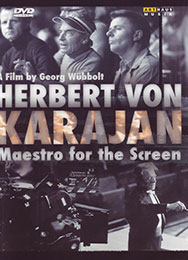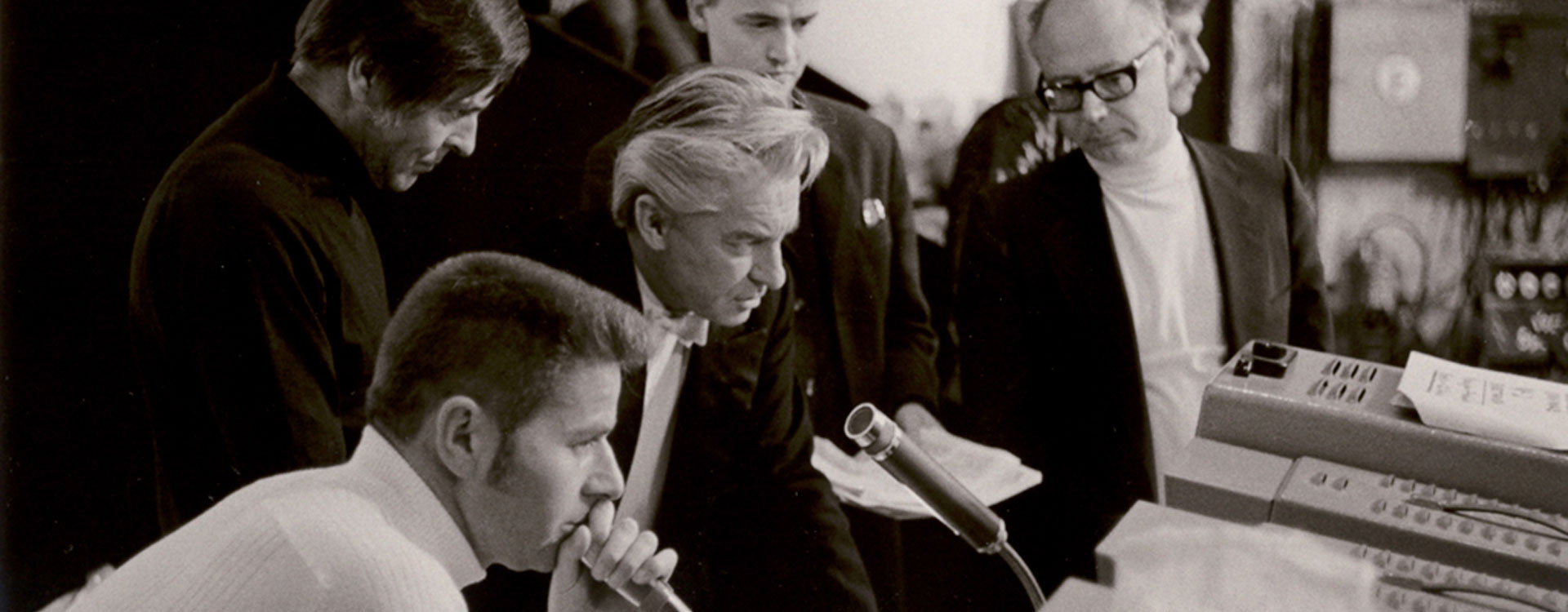
courtesy of Ernst Wild
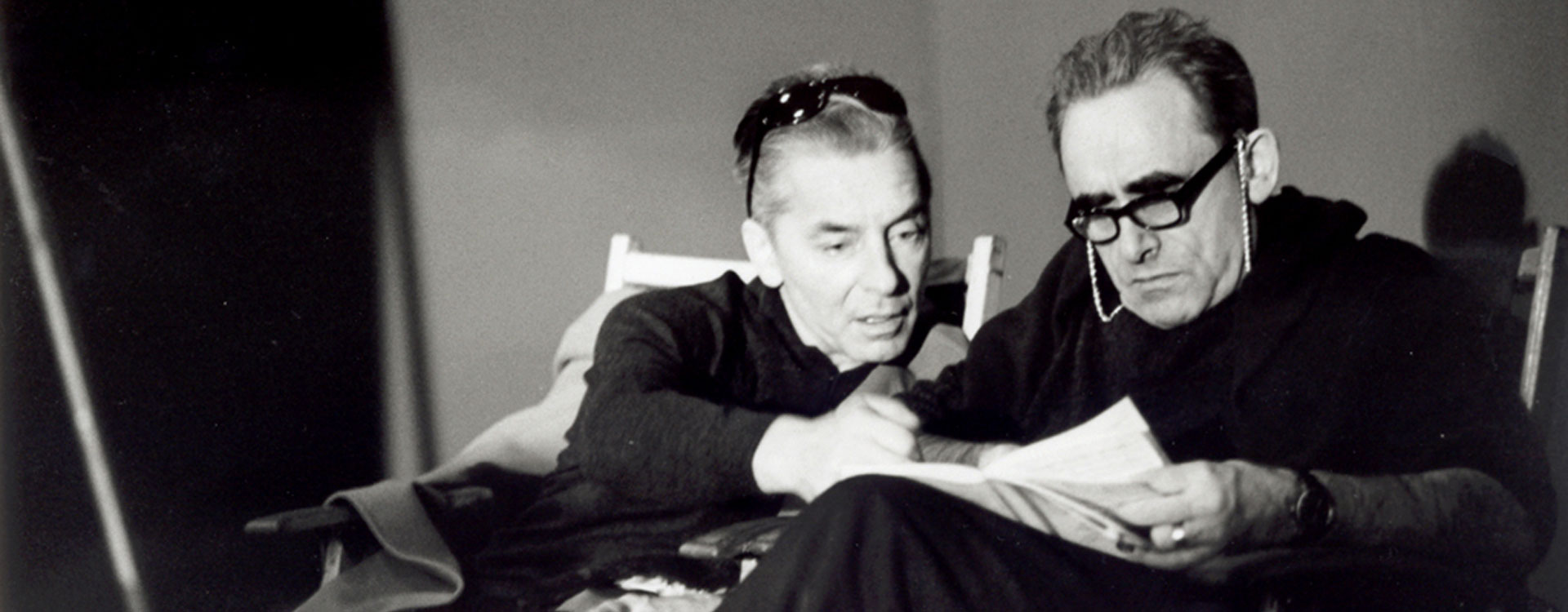
courtesy of Horant H. Hohlfeld
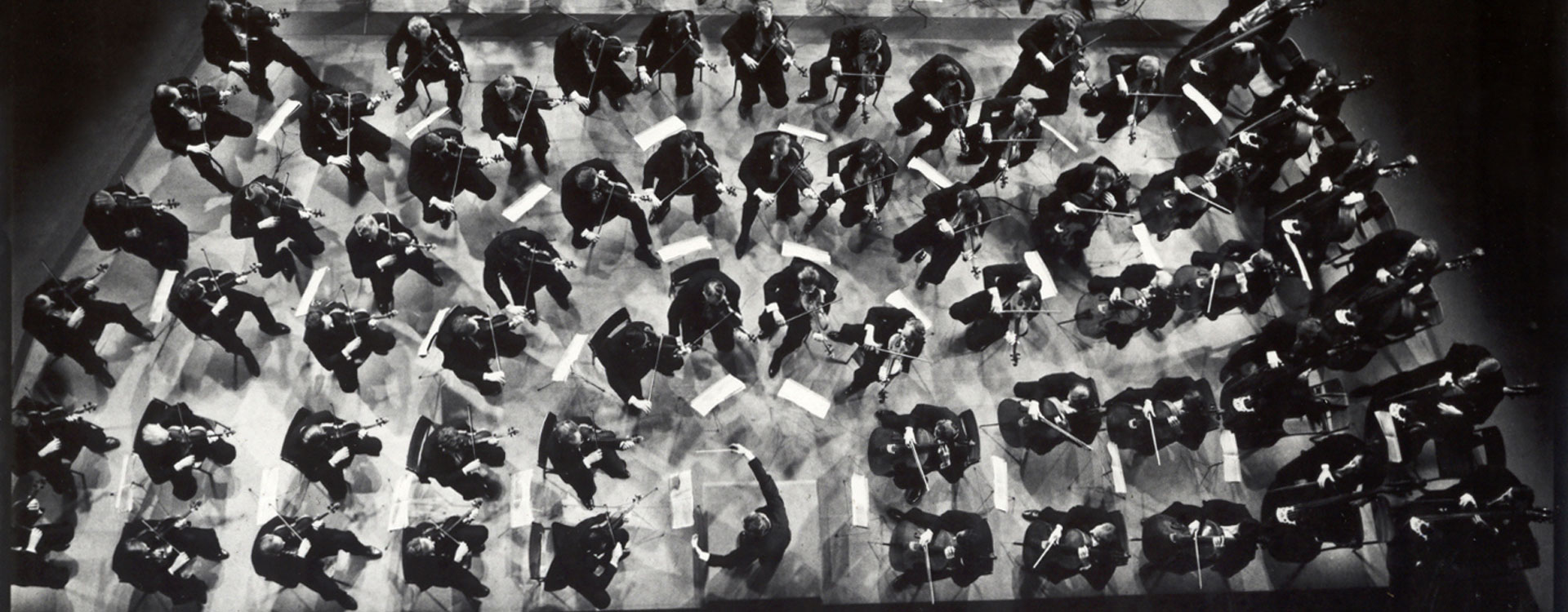
courtesy of Ernst Wild
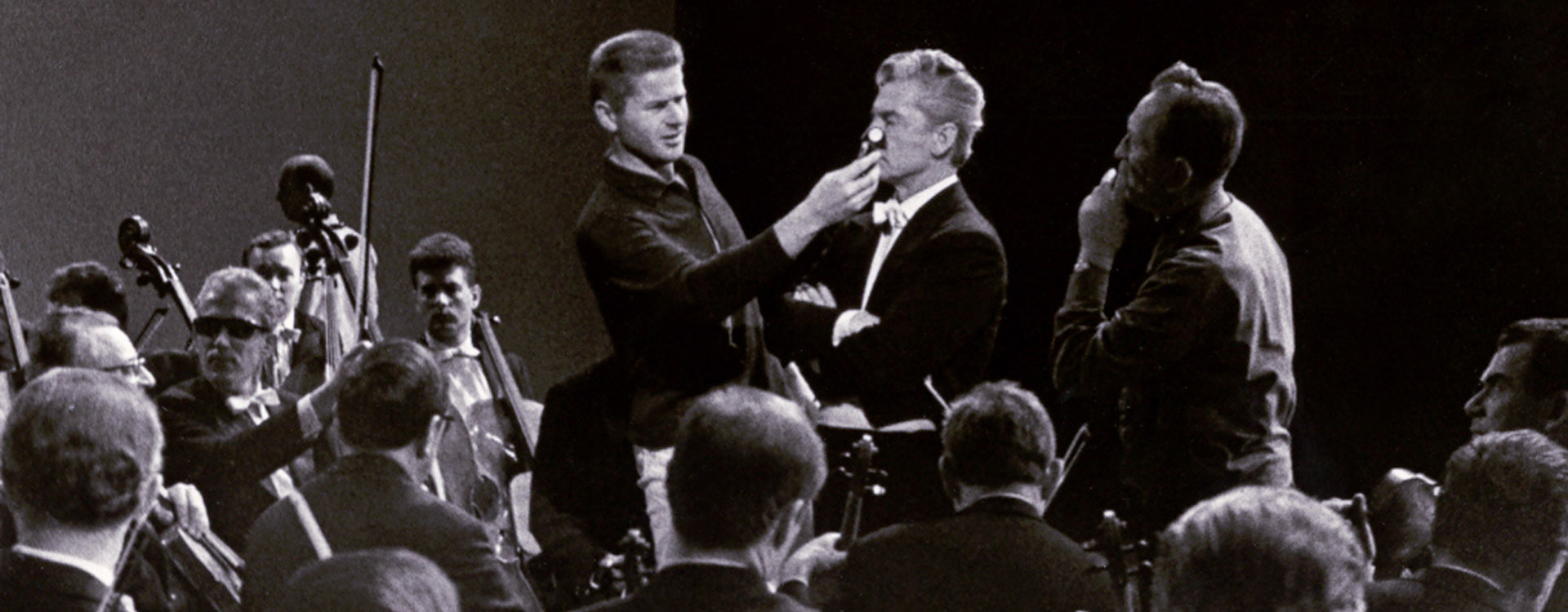
courtesy of Ernst Wild
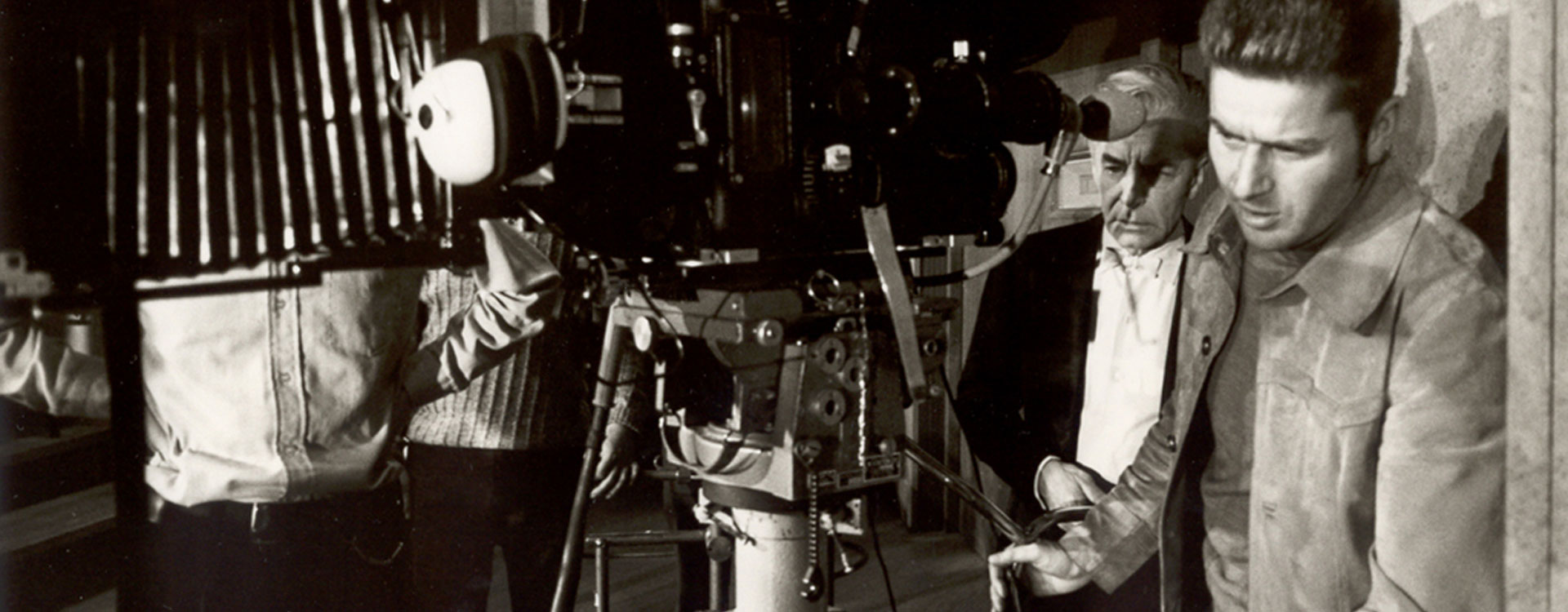
courtesy of Ernst Wild
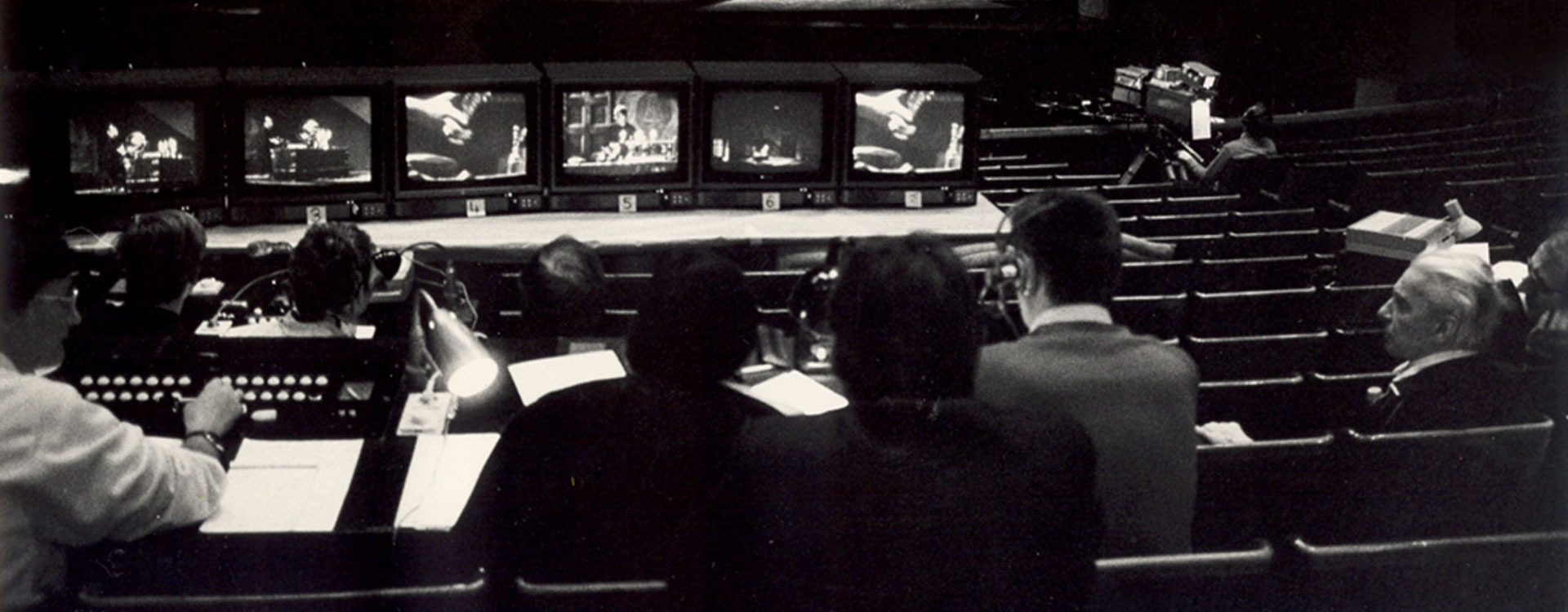
courtesy of Ernst Wild
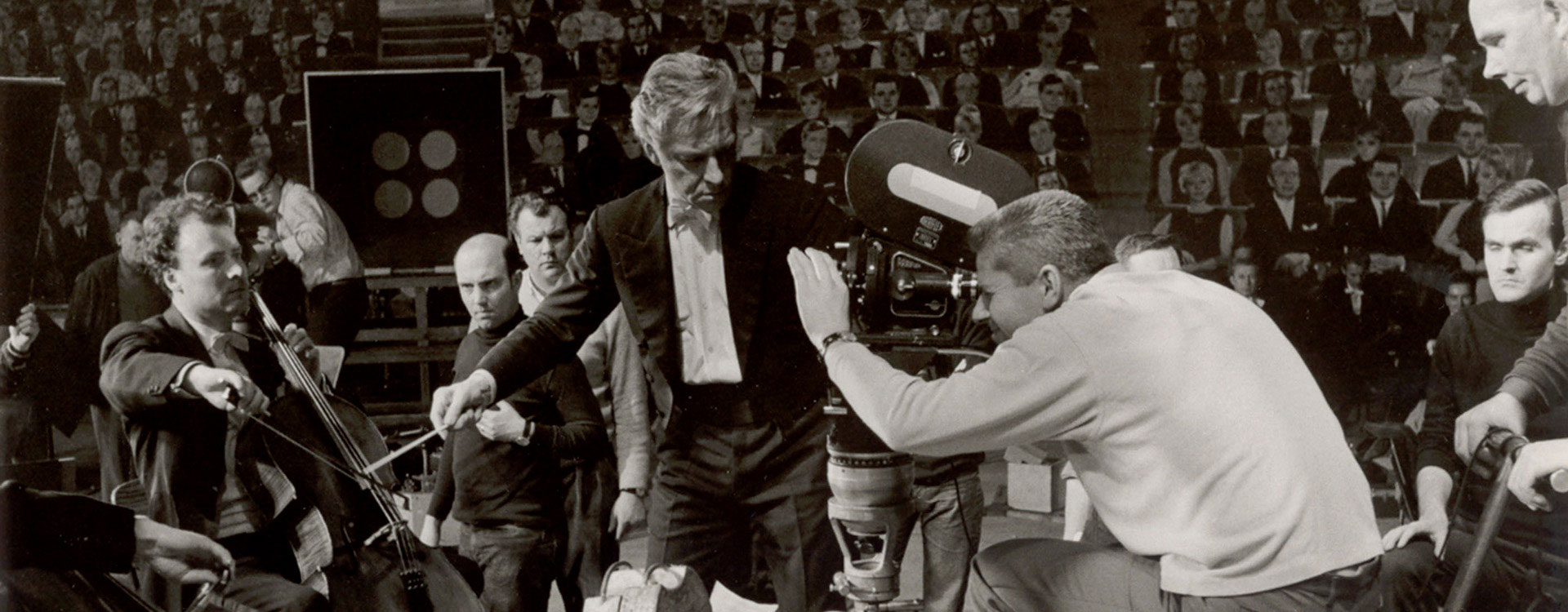
courtesy of Horant H. Hohlfeld
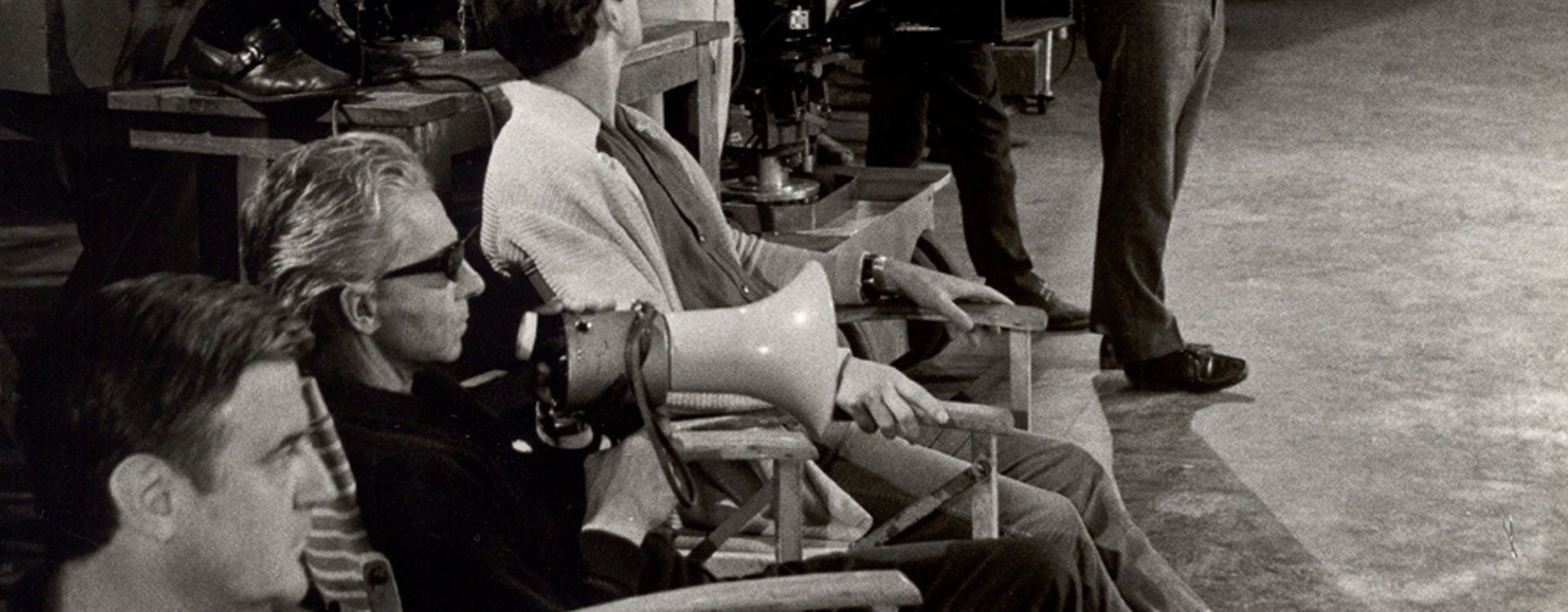
courtesy of Horant H. Hohlfeld
Herbert von Karajan
Maestro for the Screen
Director: Georg Wübbolt
Distributor: C Major Entertainment
16:9 shot in digital video | stereo
Length: 52 min.
© 2007, a BFMI co-production with RBB / Arte and BR
Distributor: C Major Entertainment
16:9 shot in digital video | stereo
Length: 52 min.
© 2007, a BFMI co-production with RBB / Arte and BR
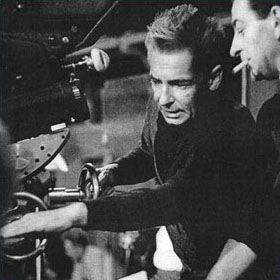
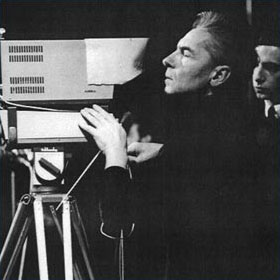
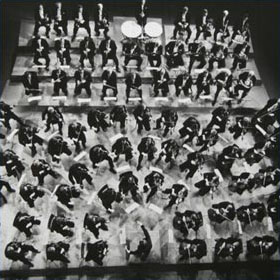
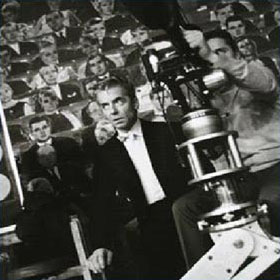
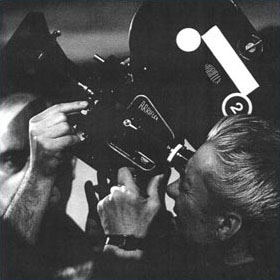
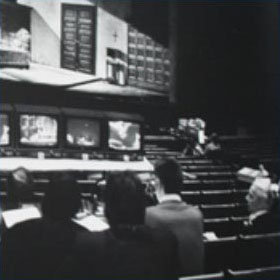
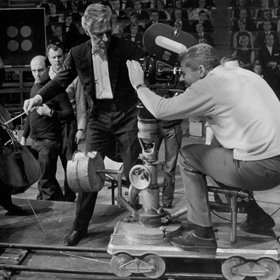
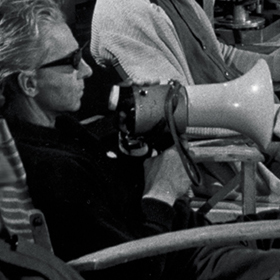
The film focuses on one specific facet of Herbert von Karajan’s artistic work: he was the first conductor who was obsessed with the filming of his musical performances in order to preserve a cultural heritage. Also as a film and tv director, he was an aesthete, a perfectionist, and a true pioneer.
He once said: “Actually, I should have been born in a later era.” Television engineering was still in the fledgling stages when Karajan started. Still, his visual approach and rigid rules how to film an orchestra and soloists - and of course how to present himself as a conductor – till today have an impact on everybody who produces recordings of concerts and opera for the screen.
No wonder that Karajan’s high pretensions demanded a great deal of his entire film crew, and due to strong characters on both sides of the creative fence, once in a while simmering tensions came to head. Herbert von Karajan’s immediate co-operators , like his chief camera man Ernst Wild, the editor Gela Marina Runne, the director Hugo Niebeling, and various TV and record producers like Horant Hohlfeld, Günther Breest and Norio Ohga talk about their experiences with the Maestro.

Czech Crystal
2008 Golden Prague Festival
Category: Documentary programmes dedicated to music and dance

MIDEM Classical Award 2009
Category: DVD: Documentary
